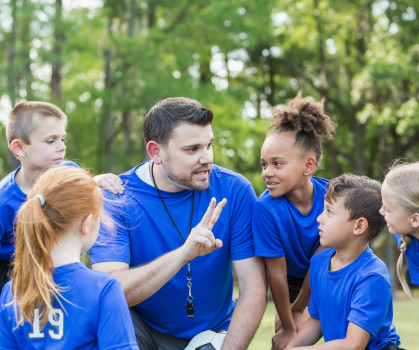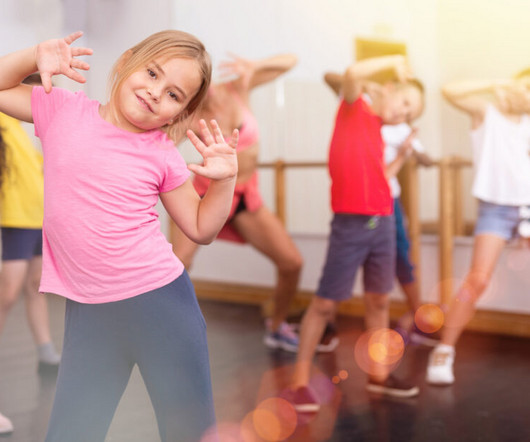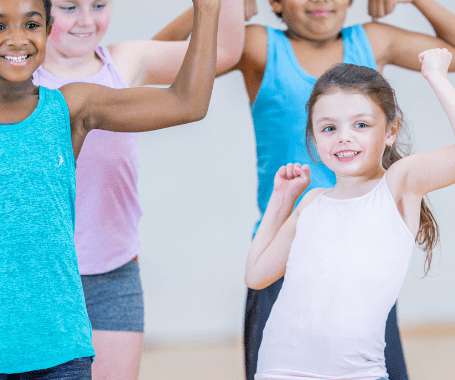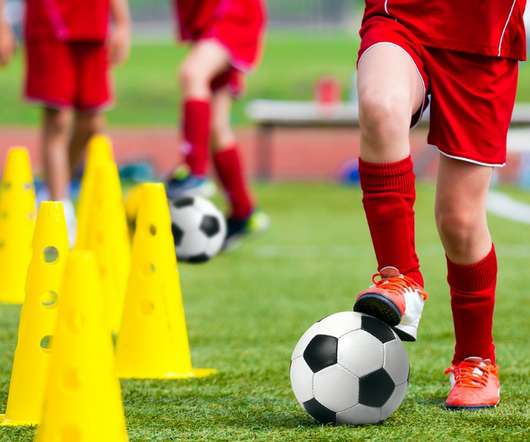5 Ways to Celebrate PE & Sport Week in Your School … All Year Long!
SHAPE America
APRIL 18, 2023
Every May, we celebrate physical educators and coaches — the “champions” who help kids gain the confidence, competence, and motivation to be physically active in school, before and after school, and for the rest of their lives. Implement games into warmups and lessons that foster and complement the development of motor skills.












Let's personalize your content